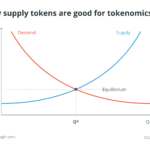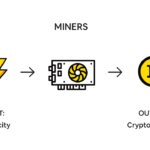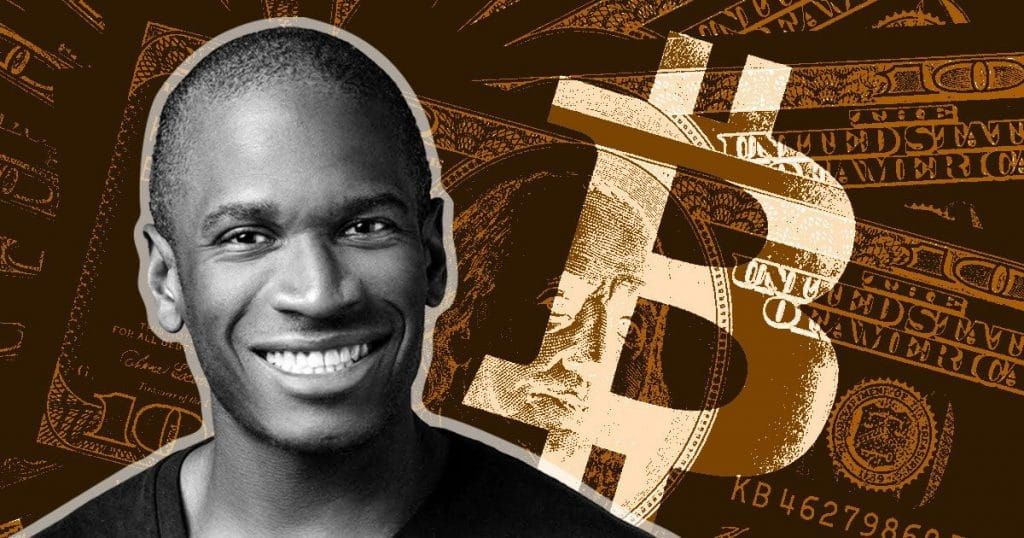“Chi da savio operar vuole, pensi al fine.” An Italian proverb to allude to Charles Ponzi’s descent to mean Think on the end before you begin, buyer beware.When I think about Ponzi schemes and the people who perpetrate them, one thing comes to mind- that the best ponzis happen around, within an innovation. Bitcoin is not immune to this despite proving to be the most important innovation since the Internet itself.
Globally, Bitcoin and other virtual currencies are fast becoming acceptable exchanges of value and fraudsters are on the prowl, ready to pounce on the unsuspecting plebeians and rid them of their coffers. And just like good opportunists, these vultures are circling. Granted, there are some red flags, road signs to look at for you to not suffer the harsh reality of ponzis. They are:
High Investment Returns with Little or No Risk:
We know every investment carries some degree of risk, and investments yielding higher returns typically involve more risk. “Guaranteed” investment returns or promises of high returns for little risk should be viewed skeptically, obviously.
Not Written In Stone:
Ponzi schemes typically involve investments that have not been registered with the state regulators in securities such as the Capital Markets Authority and Central Bank.
The Consistency of Consistency:
Investments tend to go up and down over time, especially those seeking high returns. But one must indeed be suspect of an investment that generates consistent returns regardless of overall market conditions. I call them ‘Magic-Hat Investments’ and these magicians will make your funds disappear like your intelligence; not the magical experience I am looking for.
The Paper Trail, well is Non-Existent.
The path not taken, because there’s no trail, get it! Be skeptical of excuses regarding why you can’t review information about the investment in writing. If you can’t see the investment in fine print, then blow out of there like a photon!
No Minimum Investor Accreditation/Qualification.
You should know that most legitimate private investment opportunities require you to be an accredited investor. You should be highly concerned of investment opportunities that do not ask about your salary or net worth. But then again, if I was even cleverer ‘ponzier’ , I would definitely ask you if you can afford, explore that psychological need to not be at the ‘bottom of the barrel’ as it were.
Secretive and/or Complex Stratagems and Fee Structures.
It is a good rule of thumb, index, pinkie to be wary of investments that you don’t comprehend or for which you can’t get complete information. I mean if it’s not simple as watching paint dry, I move that forget about it.
The Difficulty In Receiving Payments.
I am highly suspicious when I don’t receive a payment or have difficulty cashing out my investment. Especially when someone encourages me ‘surplus invest’; it is a general observation that ‘ponziers’ sometime encourage participants to “roll over” promised payments by offering higher investment returns.
Shared Affinity Cohortism
This is definitely the clincher for me. Ponziers or fraudsters often do exploit the trust derived from being cohorts of a group that shares an affinity, such as a national, ethnic or religious affiliation. And even sometimes, respected leaders or prominent members may be enlisted, knowingly or unknowingly, to spread the word about the “investment,” effectively solidifying the hook-line-sinker!
Some of the Bitcoin-related in Africa are MMM Global, Zarfund, OneCoin, I reserve my opinion on BitClub but based on the above red flags, I smell a rat, but then again, they do have a visible mining claim on the Bitcoin blockchain(see here), so only time will tell. BitHub will be doing more research based on blockchain data and talking to BitClubbers and reach a verdict soon as it is sweeping the continent like a storm.
MMMGlobal was quite prominent in the Bitcoin space in Kenya, and this threatened the progress of blockchain technology in the country with the Central Bank of Kenya issuing a public notice warning against the use of virtual currencies(see here). It appears to still be going very strong in Nigeria(read more).
All in all, remember these words to live by that I read once – When you are running a Ponzi scheme, the question one must seek to answer is how does one avoid enormous, unexpected withdrawals ‘runs on the bank,’ that would unveil and reveal a homonculus man blowing smoke? One way would be to attract a core of investors who could be counted on to never withdraw more than a small percentage of principal each year. So, which are you, homonculus, the core investor, or the person who understands the dynamics of creative finance? BEWARE!











